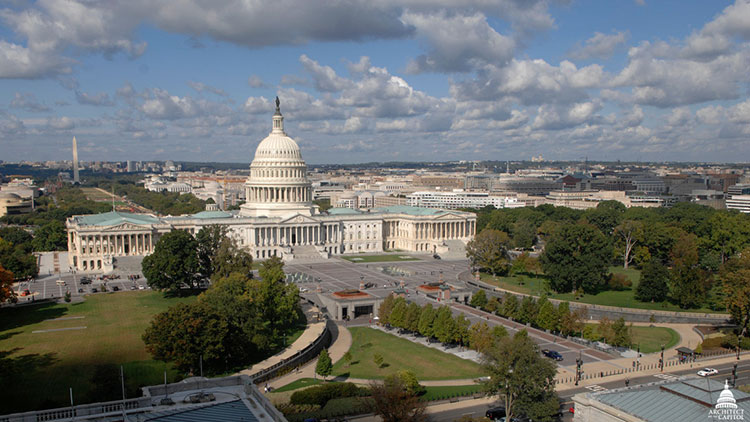Rutledge: Hill Needs to Require Opt-in for Web Info Sharing

The smarter way to stay on top of broadcasting and cable industry. Sign up below
You are now subscribed
Your newsletter sign-up was successful
As Congress prepares to grill Facebook CEO Mark Zuckerberg starting Tuesday (April 10), Charter CEO Tom Rutledge says it is time for uniform privacy protection legislation, including opt-in sharing of all information beyond use for its initial purpose. so long as it applies to the edge as well as ISPs.
That means and monetizing of third party use of all that online information.
In a blog post Monday, Rutledge urged Congress to pass strong standards that apply to everyone.
Zuckerberg is in the Hill hot seat over revelations that the information from millions of Facebook users--at least 50 million and perhaps more than 87 million--was shared with Cambridge Analytica, a political data firm that built profiles and sold them to political campaigns, including Donald Trump's.
"Tomorrow, Congress will begin important hearings to examine who is collecting what, how that data is shared and sold, and how best to protect and secure personal data when much of our lives are increasingly taking place online," he blogged.
Related: Facebook Boosts Political Ad Disclosures
"Internet users should have 'opt-in' protections, meaning all entities must receive opt-in consent to collect and share their data for purposes other than the actual service they engaged in. Additionally all online entities must be transparent about their information collection and sharing practices by providing concise, easy-to-find, understandable privacy notices to consumers. Again, these consumer protections only work if all members of the ecosystem – like social media apps, web browsers, broadband providers, online advertisers and data brokers – participate."
The smarter way to stay on top of broadcasting and cable industry. Sign up below
The FCC under chairman Tom Wheeler approved a privacy framework that included opt-in, but it did not apply to the edge. That was eventually nullified by Republicans in Congress.
In pushing back on an opt-in regime for ISPs alone, NCTA-The Internet & Television Association did point out the larger impact on the Web, arguing that data collection and sharing with third parties could threaten the ad-supported model that allows so much internet content to be free.
Contributing editor John Eggerton has been an editor and/or writer on media regulation, legislation and policy for over four decades, including covering the FCC, FTC, Congress, the major media trade associations, and the federal courts. In addition to Multichannel News and Broadcasting + Cable, his work has appeared in Radio World, TV Technology, TV Fax, This Week in Consumer Electronics, Variety and the Encyclopedia Britannica.

